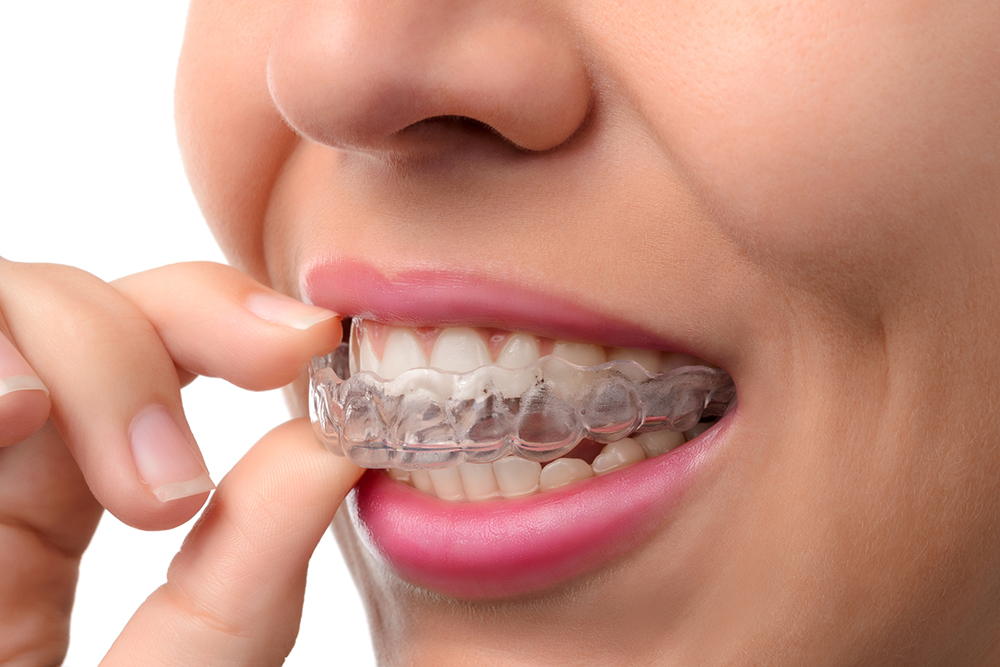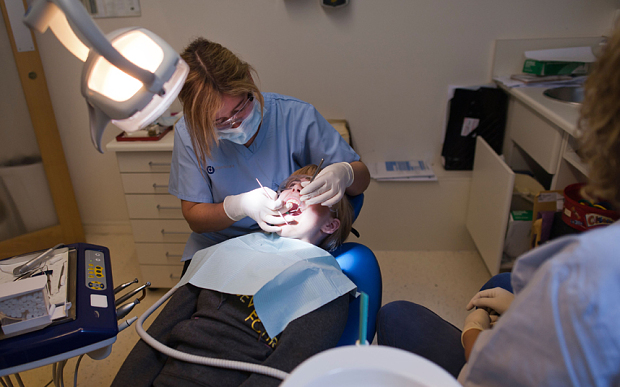This field refers to the care that a dental professional provides after a patient has suffered a dental emergency. While hospitals and emergency rooms also provide emergency care, their staff is often not trained to properly and effectively treat emergencies that deal with the lips, teeth, or other oral structures. Additionally, emergency room service is oftentimes more expensive. At our office, we provide cost-effective, long-lasting emergency dental care. You can also check all these services at https://bensalembucksdental.com as well.

What Are Some Dental Emergencies?
The term “dental emergency” can refer to a wide variety of issues. Generally speaking, however, it is safe to say that any dental issue that requires immediate and timely care is considered a dental emergency. It is important to note that not all emergencies actually cause pain. We’ve provided a list of the more common dental emergencies to help you determine if you should seek treatment quickly.
All of these are always considered a dental emergency. Many times, trauma or an accident occurring during sports can result in a chipped, dislodge, or knocked out tooth.
A chipped tooth refers to a tooth that has undergone trauma and a section of the tooth has fallen off.
A dislodged tooth results after serious trauma or pressure against the tooth causes it to shift and change its natural placement. This can mean that it becomes loosened or that it is pushed too far up into the gum line.
A knocked-out tooth means a tooth that has come fully out of its socket and must be restored or completely replaced.
Crown that is loose or has fallen out
This is a situation that may or may not cause pain depending on the situation. However, regardless of whether you experience discomfort if your crown has become loose or has fallen out, you should treat this as a dental emergency and seek treatment in order to restore your smile and prevent future complications.
When a crown is loose or has fallen off, this means that the underlying natural tooth is vulnerable to injury or decay. The underlying tooth has already been compromised in structure in order to make room for the crown. Thus, it must be completely encased and protected to prevent further breakage or damage. By not seeking treatment, you are putting yourself at risk of losing your natural tooth altogether

When you lose a filling, you should always seek treatment immediately. A tooth that has a filling means that the tooth has already suffered from decay. The decay was scraped out and the hole left in the tooth was restored with the filling material. If this filling has fallen out, this means the tooth is very weak and is at risk of breaking apart.
When you suffer from pain in or around a tooth, you should seek treatment from a dental professional. A toothache can be a sign of any number of dental issues including infection, periodontal disease, or oral disease. Oftentimes, only a dental professional can diagnose and treat the issue that is causing the toothache.








